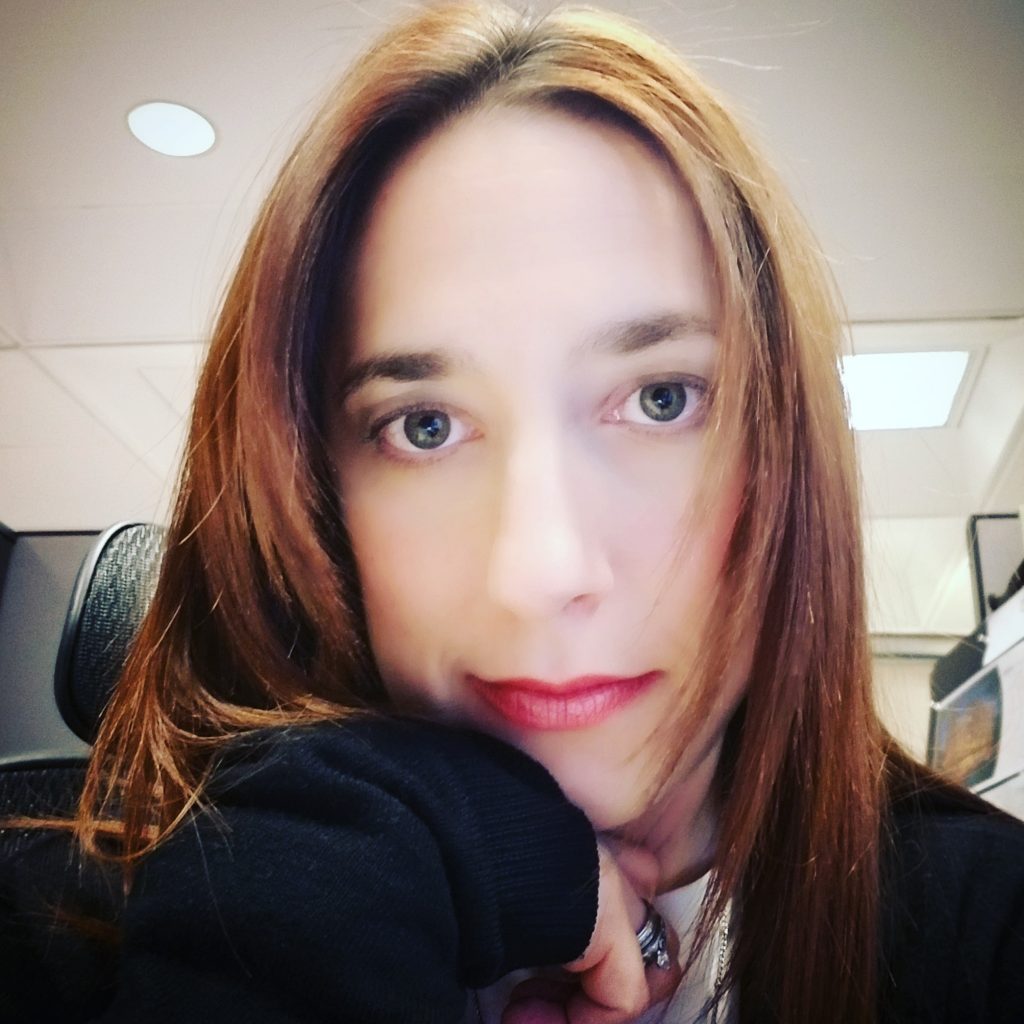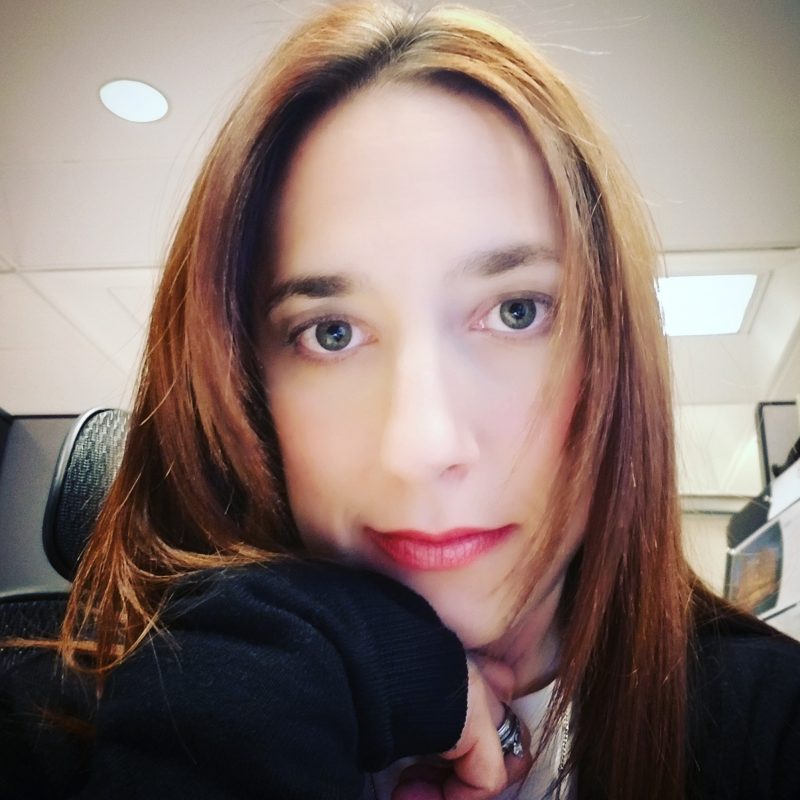Almost twenty-five years ago, my first diagnosis was given to me. I was an angsty teen angry and sad because my family had moved from the only home I knew, from the only state I knew. I left the city where I would fall asleep many nights to cars backfiring or gunshots for suburbia of New England where the silence kept me awake. I started high school right after moving where I was mocked because I came from Brooklyn, NY. The kids laughed and joked about me being in a gang because of the grunge clothes I wore. It began as a nightmare and looking back on it now, I can definitely understand why I developed major depressive disorder.
Although officially diagnosed at 14, I can undeniably remember things from my earlier childhood years that would fit the depression diagnosis, realizing I probably struggled earlier in life. I have always been a rather negative person, seeing the worst possible outcome. I used this as a coping mechanism, a way to not be disappointed when something bad did happen. I felt lonely and had imaginary friends well into my early teens. Instead of speaking to them, I had stories I acted out in my head with them. I still remember my two best incorporeal friends, Devyn and Brian.
When I was first diagnosed, I would question myself all the time:
Why me?
Why do I have to always be so negative?
Why can’t my brain function correctly?
Why can’t I be normal?
In between these major depressive episodes, when my negative thinking (my Inner Bitch) went on vacation, I tried to look at depression as a blessing in disguise. I tried to turn the “Why me’s?” into “Yes me, but I am better for it.” I did believe it. I believed in myself. It was a great feeling. Depression taught me to have an immense amount of compassion and empathy for others and I am thankful for that.
And then the next episode of major depression would typhoon its way in and I would be back to “Why me?” An endless cycle, and infinite loop.
Many years of therapy has had my therapists telling me that it isn’t my fault. Depression is an illness. No one asks to be sick. And although I logically agree with them, there is still a tiny piece of me that wonders how it isn’t my fault.
When I suffered from severe postpartum depression and anxiety, how could I not blame myself for missing 12 days of my daughter’s life because I was hospitalized? How could I not blame myself for hating her then? How was it my illnesses’ fault that we were in debt after the hospitalization and if it was, why didn’t they pay the bill? So many Is and Mes.
Then four years ago, when I fell victim once again to this nemesis, how was it not my fault that our foster son was no longer in our home? How was it not my fault that we owed the hospital for my short-term psych stay once again? How was it not my fault that my husband and daughter were in emotional pain? We lost him because I was the messed up one. Me, just me, and no one else.
But, I never asked for this and neither did you. As much blame and guilt we feel, we need to tell our Inner Bitch to just stop, to just shut the fuck up. Our negative thoughts and feelings stem from two things: our diagnosed illness and the stigma associated with them.
I’ll admit, I am struggling once again, and it is rather hard evicting that Inner Bitch. Last night, I punched it, I kicked it, I beat it down. I superimposed it onto the kickboxing bag and just had at it. I felt a bit defeated as exhaustion took over, but I also felt a relief because I was not going to let it win. Depression, along with all other mental illnesses, has a way of tricking you. It makes you think you are unworthy, that you shouldn’t exist. And, I didn’t ask for it.
The stigma. I think this is the hardest point. So many people out there just believe we are making everything up. We have no reason to be depressed or anxious. They can’t see our illness, so why believe it is there. We struggle to prove we are sick. Sometimes we wonder if we really are. This can cause us to believe it is all our fault too. But it isn’t. We are struggling. We do hurt physically, mentally & emotionally. We should not be ashamed.
We didn’t ask for this just like cancer patients didn’t ask for cancer. We didn’t ask for the numbness, anxiety attacks, disassociation. We didn’t ask for the medication, weekly therapy visits, psychiatrist visits, hospitalizations. We rise to defeat it, just like those with physical illnesses. We battle, winning and losing. We fight with our minds daily. We survive.
Because I didn’t ask for this, and neither did you.

Stephanie Paige is a 30-something who has struggled with Persistent Depressive Disorder & Major Depressive Disorder since age 14 and Generalized Anxiety Disorder since age 34, with Postpartum Depression, Postpartum Anxiety and PTSD mixed in there. She is the mother of one beautiful preteen daughter. With the strength of her husband, parents, and her child (& 2 crazy felines), she has survived 6 bouts of Major Depression and has become a huge advocate of Mental Illness. She wants to let others know they are not alone and that is her striving force to sharing her story. She advocates through words on her blog, spaigewrites.com, Stigma Fighters & The Mighty. Recently publishing her first book, Rising From the Ashes, you can also find her contributions in Stigma Fighters Anthologies II, III, & IV.








Leave A Comment